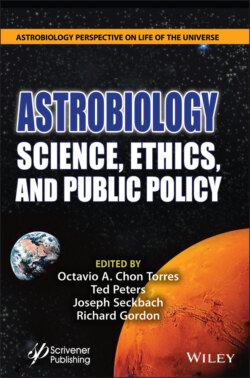Читать книгу Astrobiology - Группа авторов - Страница 36
2.3.5 How Should We Govern Satellite Surveillance?
ОглавлениеEarth’s residents are losing their privacy faster than politicians lose their scruples. The telescopes on board reconnaissance satellites are pointed toward Earth, not toward the stars. Mission tasks include high-resolution photography; measurement and signature intelligence; communications eavesdropping; covert communications; monitoring of nuclear test ban compliance; and detection of missile launches. With the improvements in technology, today’s spy satellites have a resolution capacity down to objects as small as ten centimeters. Surveillance satellites also provide us with efficient communications, weather reporting, Google maps, and many more public services.
Satellite spying is international, not just national. The Echelon spy network coordinates satellite snooping by the governments of the United Kingdom, the United States, Canada, Australia, and New Zealand. The Echelon network spies, sorts, decrypts, archives, and processes three million telephone calls transmitted by satellite every minute. The United States government sells pictures taken by satellites; but it keeps certain subjects from public review. Sensitive facilities such as military installations are restricted, as are remote pictures taken over Israel. Similarly, private companies use satellites for remote sensing and sell their pictures.
“Can a State gather information about the natural riches and resources of another sovereign State without having obtained the latter’s prior agreement?” asks Arnould. “Is it not up to the remote sensing State to ask for the prior permission of the State [2.81] whose territory is being observed?” [2.3]. This sounds like a reasonable ethical question. Yet, it presupposes the present situation of sovereign nation states, a political system that may have made sense prior to the current thrust toward economic and technological globalization. Satellite surveillance and communication services, right along with other space activities, are playing into an emerging planetary consciousness.
Protecting national boundaries from foreign intelligence or even public transparency may soon be an artifact of history, an era we remember but no longer live in. Perhaps the way forward is to support an ethic of maximal “information without discrimination.” Rather than attempt to police information gathered from remote sensing, it would be healthier and easier to prevent such information from deleterious usage.
